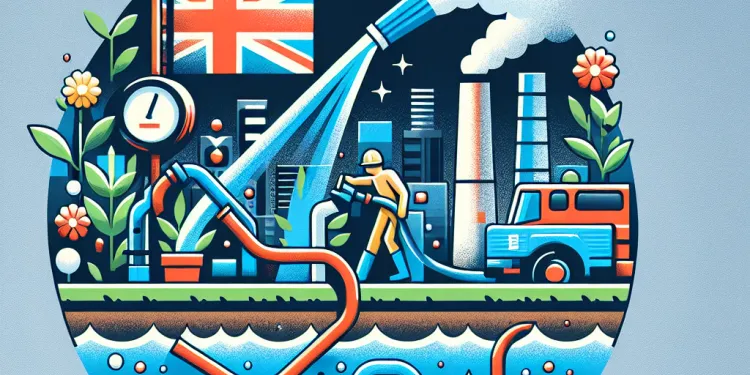
Find A Professional
More Items From Ergsy search
-
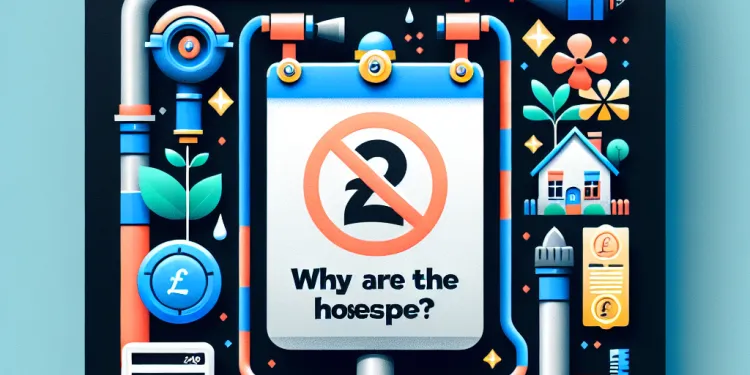
Why are hosepipe bans imposed?
Relevance: 100%
-
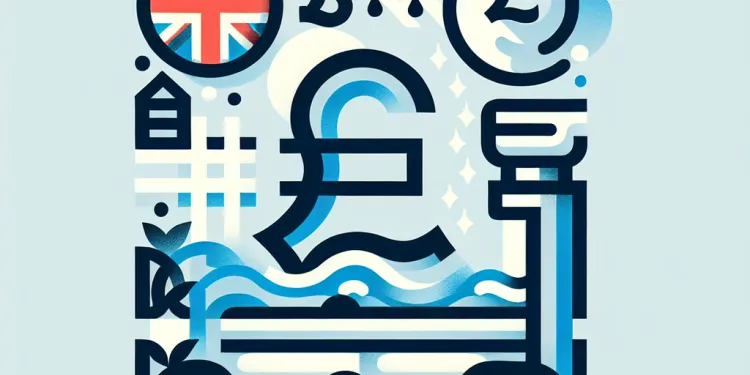
Does Thames Water impose hosepipe bans more frequently than other water authorities?
Relevance: 97%
-
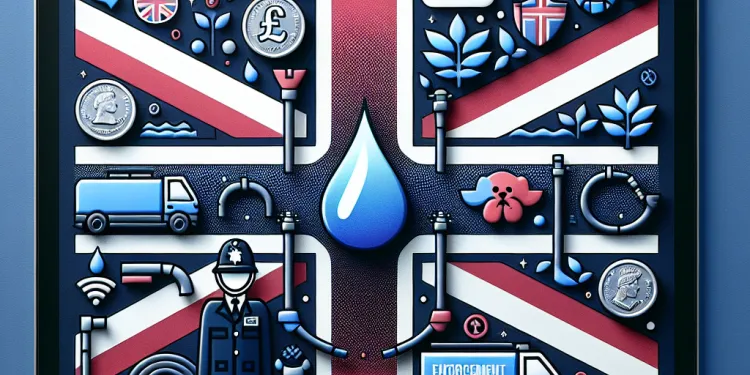
Who enforces hosepipe bans?
Relevance: 96%
-

Does Thames Water enforce a hosepipe ban more than other water authorities?
Relevance: 96%
-
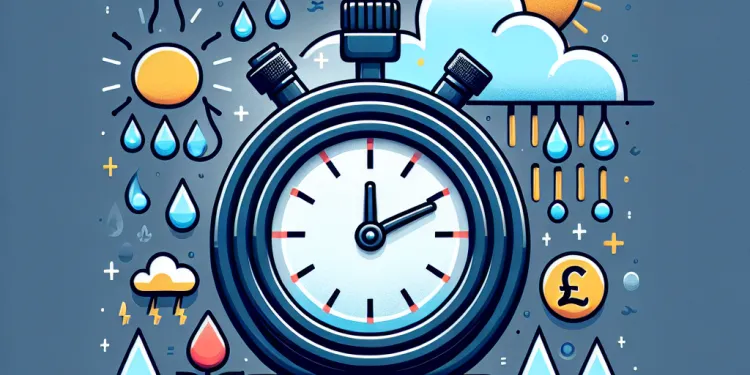
How long do hosepipe bans last?
Relevance: 94%
-

Is a hosepipe ban legally enforceable?
Relevance: 89%
-
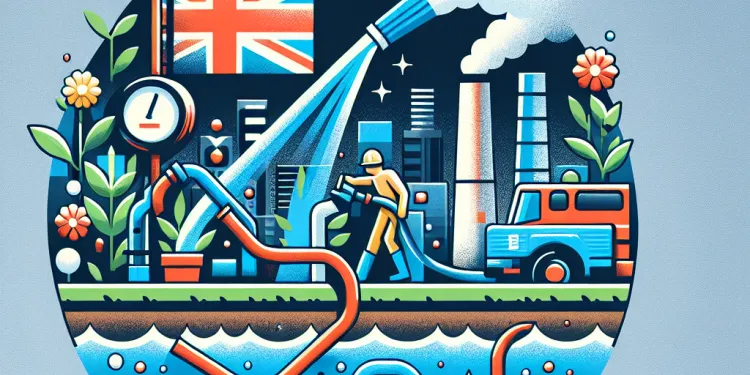
Under what conditions does Thames Water typically impose a hosepipe ban?
Relevance: 88%
-
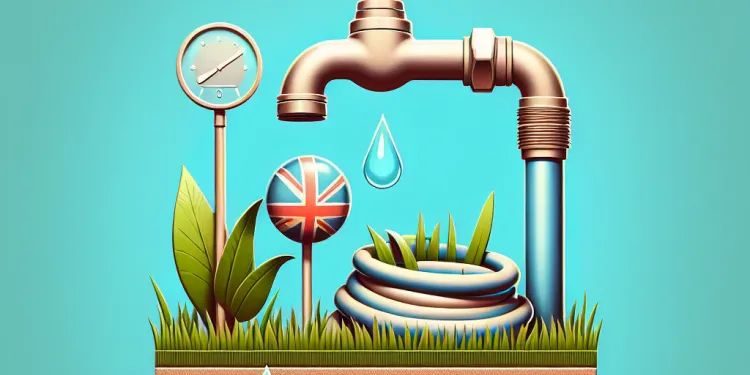
What is a hosepipe ban?
Relevance: 84%
-
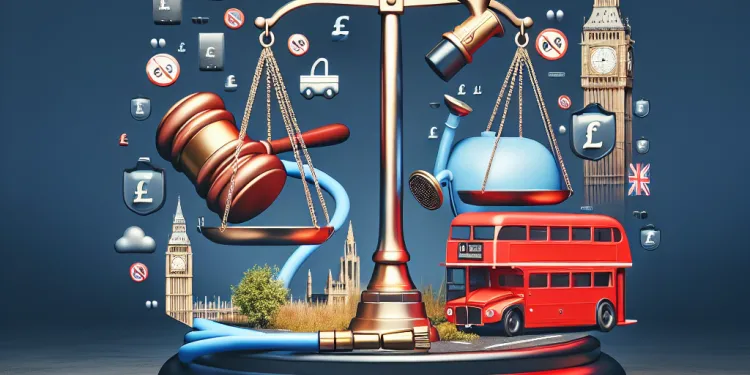
What is the penalty for violating a hosepipe ban from Thames Water?
Relevance: 83%
-

Is a hosepipe ban legally enforceable?
Relevance: 83%
-

Can water companies enter my property to enforce a hosepipe ban?
Relevance: 80%
-
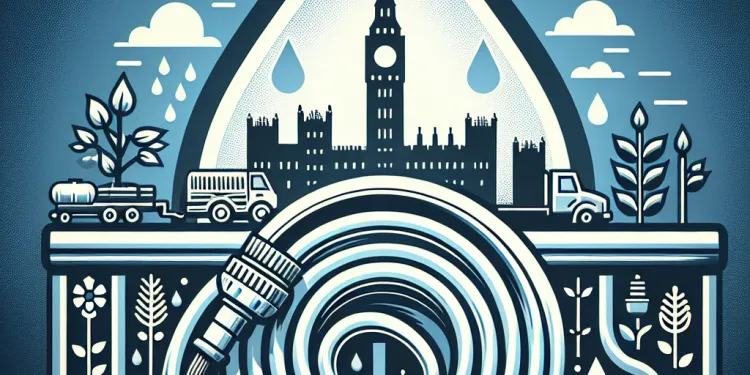
How are hosepipe ban restrictions communicated to the public?
Relevance: 79%
-

Do online banks have lower fees than traditional banks?
Relevance: 77%
-

Is using a pressure washer allowed during a hosepipe ban?
Relevance: 75%
-

Are there any exceptions to a hosepipe ban?
Relevance: 74%
-
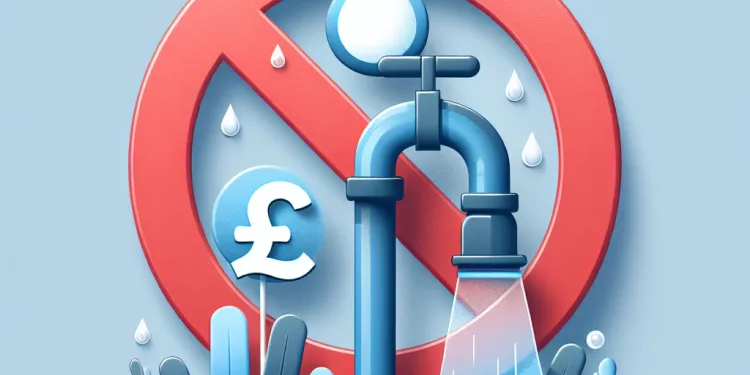
What happens if a hosepipe ban is ignored?
Relevance: 73%
-

Do hosepipe bans apply to public parks and gardens?
Relevance: 72%
-

How can I check if there is a hosepipe ban in my area?
Relevance: 69%
-

Do all banks have the same fee structures?
Relevance: 68%
-
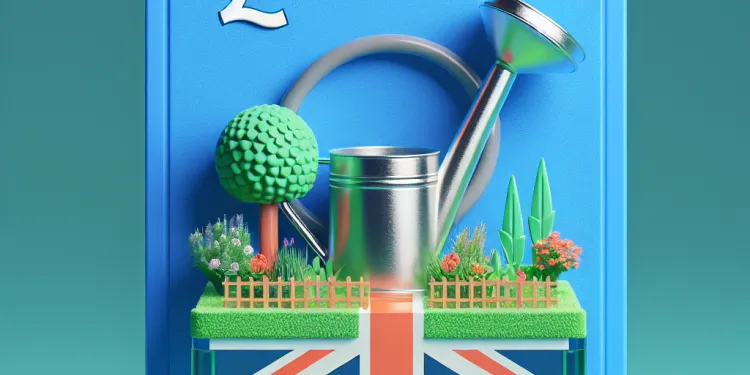
Can I use a watering can during a hosepipe ban?
Relevance: 67%
-

How do hosepipe bans affect farmers?
Relevance: 66%
-

Does Thames Water notify customers before a hosepipe ban is enforced?
Relevance: 62%
-
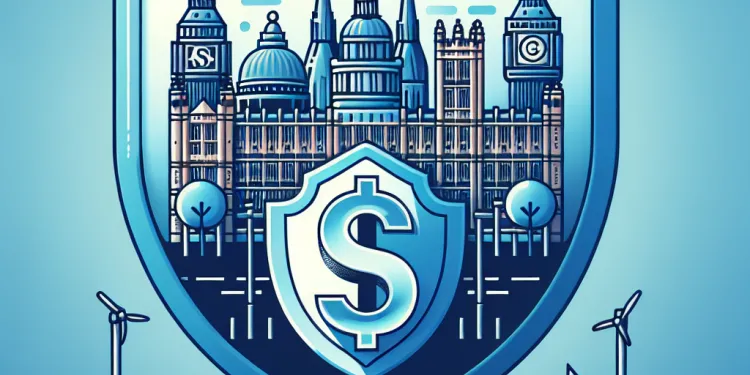
How can consumers protect themselves from hidden banking fees?
Relevance: 62%
-

Can businesses be exempt from hosepipe bans?
Relevance: 62%
-

Do online banks offer investment options?
Relevance: 60%
-

How do banking fees impact financial inclusion?
Relevance: 59%
-

How does technology help in enhancing transparency in banking fees?
Relevance: 59%
-

Voice banking service helps people live with motor neurone disease
Relevance: 58%
-

What initiatives are in place to address banking fee transparency?
Relevance: 58%
-

Can customers dispute unexpected banking fees?
Relevance: 57%
-

Why is there a call for greater transparency in banking fees?
Relevance: 56%
-

Are there any planned changes to tax bands for April 2026?
Relevance: 54%
-

The Rise of Community Food Banks: Combating Hunger Locally
Relevance: 53%
-

What are the consequences for banks not complying with transparency standards?
Relevance: 52%
-

Does filing for bankruptcy stop an eviction?
Relevance: 51%
-

How can disputes over banking fees be resolved effectively?
Relevance: 51%
-

How to apply wet wrap bandaging to the head and face area.
Relevance: 50%
-

Is hay fever more common in urban areas?
Relevance: 48%
-

How can government policies influence transparency in banking fees?
Relevance: 46%
-

How often does Thames Water enforce hosepipe bans?
Relevance: 46%
Introduction to Hosepipe Bans
Hosepipe bans, also known as temporary use bans, are measures implemented by water companies in the UK to manage water resources during periods of scarcity. Thames Water, the primary water utility serving the Greater London area and the Thames Valley, enforces these bans to conserve water and ensure its availability for essential uses. Understanding when these bans are imposed can help residents of the region adjust their water usage habits accordingly.
Weather Conditions and Drought
One of the primary conditions prompting Thames Water to impose a hosepipe ban is an extended period of dry weather, leading to drought conditions. During these times, the level of water in reservoirs, rivers, and aquifers drops significantly. In the UK, the risk of drought increases during unusually hot and dry summers, which historically result in reduced rainfall and increased evaporation rates. Thames Water closely monitors weather patterns and reservoir levels to determine when a ban is necessary to mitigate the impact of low water availability.
High Water Demand
In addition to weather-related conditions, a sharp increase in water demand can also lead Thames Water to introduce a hosepipe ban. During hot weather spells, households tend to use more water for activities such as gardening, filling paddling pools, and maintaining lawns. This heightened demand can put a strain on the water supply system, particularly if compounded by existing drought conditions. By imposing a hosepipe ban, Thames Water aims to curb non-essential water usage and preserve water for critical needs.
Environmental Impact
Environmental considerations are also a key factor in the decision to implement a hosepipe ban. Sustained dry conditions can negatively impact local ecosystems by reducing river flows and affecting wildlife habitats. By restricting non-essential water use, Thames Water helps to maintain minimum river flow levels, which are crucial for the health of aquatic life. This environmental stewardship ensures long-term sustainability of natural water resources and mitigates adverse ecological effects.
Regulatory and Operational Factors
Thames Water must also comply with regulatory frameworks governing water management in the UK. The Water Resources Act 1991 and subsequent regulations provide guidelines for implementing water use restrictions. Authorities such as the Environment Agency may advise or require water companies to take action under certain conditions to protect water supplies. Operational challenges, such as maintenance work or infrastructure disruptions, can further necessitate a hosepipe ban to ensure a consistent water supply to all customers.
Conclusion
Hosepipe bans by Thames Water are typically imposed due to a combination of factors, including prolonged dry weather, increased water demand, environmental impact concerns, and regulatory requirements. These bans are essential tools for managing the precious water resources available to the Greater London area and ensure the long-term sustainability of water supply for residents and the environment alike.
Frequently Asked Questions
Under what conditions does Thames Water usually impose a hosepipe ban?
A hosepipe ban is typically imposed during prolonged periods of dry weather, leading to low water reserves and drought conditions.
What is the primary reason for implementing a hosepipe ban?
The primary reason is to conserve water levels and ensure water supply sustainability during periods of scarcity.
How does a hosepipe ban help during drought conditions?
It reduces non-essential water usage, helping to preserve water resources for essential uses.
Is a hosepipe ban a common occurrence?
It is not extremely common but can be implemented during unusually dry periods or droughts.
Which areas are typically affected by Thames Water's hosepipe bans?
Areas within the Thames Water supply region are affected when a ban is implemented.
Do weather forecasts play a role in deciding a hosepipe ban?
Yes, long-term weather forecasts indicating dry conditions contribute to the decision.
What time of year is a hosepipe ban most likely to occur?
Bans are more likely during the summer months when rainfall is lower and water demand is high.
Does a hosepipe ban affect all water usage?
No, it primarily targets non-essential uses like watering gardens and washing cars.
Who announces a hosepipe ban?
Thames Water announces the ban and provides details to the public.
Are businesses affected by hosepipe bans?
Certain non-essential water uses by businesses may also be restricted.
Can a hosepipe ban be imposed suddenly?
A ban is usually announced with some notice, but sudden imposition can occur if conditions deteriorate quickly.
What measures does Thames Water take before announcing a hosepipe ban?
Thames Water monitors reservoir levels, groundwater, and weather patterns before deciding.
Is there a penalty for violating a hosepipe ban?
Yes, there can be fines or penalties for non-compliance with the ban.
How does Thames Water notify the public about a hosepipe ban?
Notifications are made via the Thames Water website, media outlets, and direct communications.
Can individuals apply for exemptions to a hosepipe ban?
Yes, there are provisions for exemptions in certain circumstances, such as for health and safety reasons.
Besides hosepipe bans, what other measures might be implemented during a drought?
Other measures may include promoting water conservation and restricting other non-essential water uses.
Do hosepipe bans apply to all types of water usage?
They primarily apply to specific utilizations like garden watering and car washing with hosepipes.
How long does a typical hosepipe ban last?
The duration varies depending on weather conditions and water reserve recovery.
Are there ways to contest a hosepipe ban?
While direct contestation might not be possible, individuals can apply for exemptions if eligible.
Does Thames Water offer guidance on water conservation during a hosepipe ban?
Yes, Thames Water provides tips and guidance on how to conserve water effectively.
Useful Links
- Ergsy carfully checks the information in the videos we provide here.
- Videos shown by Youtube after a video has completed, have NOT been reviewed by ERGSY.
- To view, click the arrow in centre of video.
- Most of the videos you find here will have subtitles and/or closed captions available.
- You may need to turn these on, and choose your preferred language.
- Go to the video you'd like to watch.
- If closed captions (CC) are available, settings will be visible on the bottom right of the video player.
- To turn on Captions, click settings .
- To turn off Captions, click settings again.
More Items From Ergsy search
-

Why are hosepipe bans imposed?
Relevance: 100%
-

Does Thames Water impose hosepipe bans more frequently than other water authorities?
Relevance: 97%
-

Who enforces hosepipe bans?
Relevance: 96%
-

Does Thames Water enforce a hosepipe ban more than other water authorities?
Relevance: 96%
-

How long do hosepipe bans last?
Relevance: 94%
-

Is a hosepipe ban legally enforceable?
Relevance: 89%
-

Under what conditions does Thames Water typically impose a hosepipe ban?
Relevance: 88%
-

What is a hosepipe ban?
Relevance: 84%
-

What is the penalty for violating a hosepipe ban from Thames Water?
Relevance: 83%
-

Is a hosepipe ban legally enforceable?
Relevance: 83%
-

Can water companies enter my property to enforce a hosepipe ban?
Relevance: 80%
-

How are hosepipe ban restrictions communicated to the public?
Relevance: 79%
-

Do online banks have lower fees than traditional banks?
Relevance: 77%
-

Is using a pressure washer allowed during a hosepipe ban?
Relevance: 75%
-

Are there any exceptions to a hosepipe ban?
Relevance: 74%
-

What happens if a hosepipe ban is ignored?
Relevance: 73%
-

Do hosepipe bans apply to public parks and gardens?
Relevance: 72%
-

How can I check if there is a hosepipe ban in my area?
Relevance: 69%
-

Do all banks have the same fee structures?
Relevance: 68%
-

Can I use a watering can during a hosepipe ban?
Relevance: 67%
-

How do hosepipe bans affect farmers?
Relevance: 66%
-

Does Thames Water notify customers before a hosepipe ban is enforced?
Relevance: 62%
-

How can consumers protect themselves from hidden banking fees?
Relevance: 62%
-

Can businesses be exempt from hosepipe bans?
Relevance: 62%
-

Do online banks offer investment options?
Relevance: 60%
-

How do banking fees impact financial inclusion?
Relevance: 59%
-

How does technology help in enhancing transparency in banking fees?
Relevance: 59%
-

Voice banking service helps people live with motor neurone disease
Relevance: 58%
-

What initiatives are in place to address banking fee transparency?
Relevance: 58%
-

Can customers dispute unexpected banking fees?
Relevance: 57%
-

Why is there a call for greater transparency in banking fees?
Relevance: 56%
-

Are there any planned changes to tax bands for April 2026?
Relevance: 54%
-

The Rise of Community Food Banks: Combating Hunger Locally
Relevance: 53%
-

What are the consequences for banks not complying with transparency standards?
Relevance: 52%
-

Does filing for bankruptcy stop an eviction?
Relevance: 51%
-

How can disputes over banking fees be resolved effectively?
Relevance: 51%
-

How to apply wet wrap bandaging to the head and face area.
Relevance: 50%
-

Is hay fever more common in urban areas?
Relevance: 48%
-

How can government policies influence transparency in banking fees?
Relevance: 46%
-

How often does Thames Water enforce hosepipe bans?
Relevance: 46%